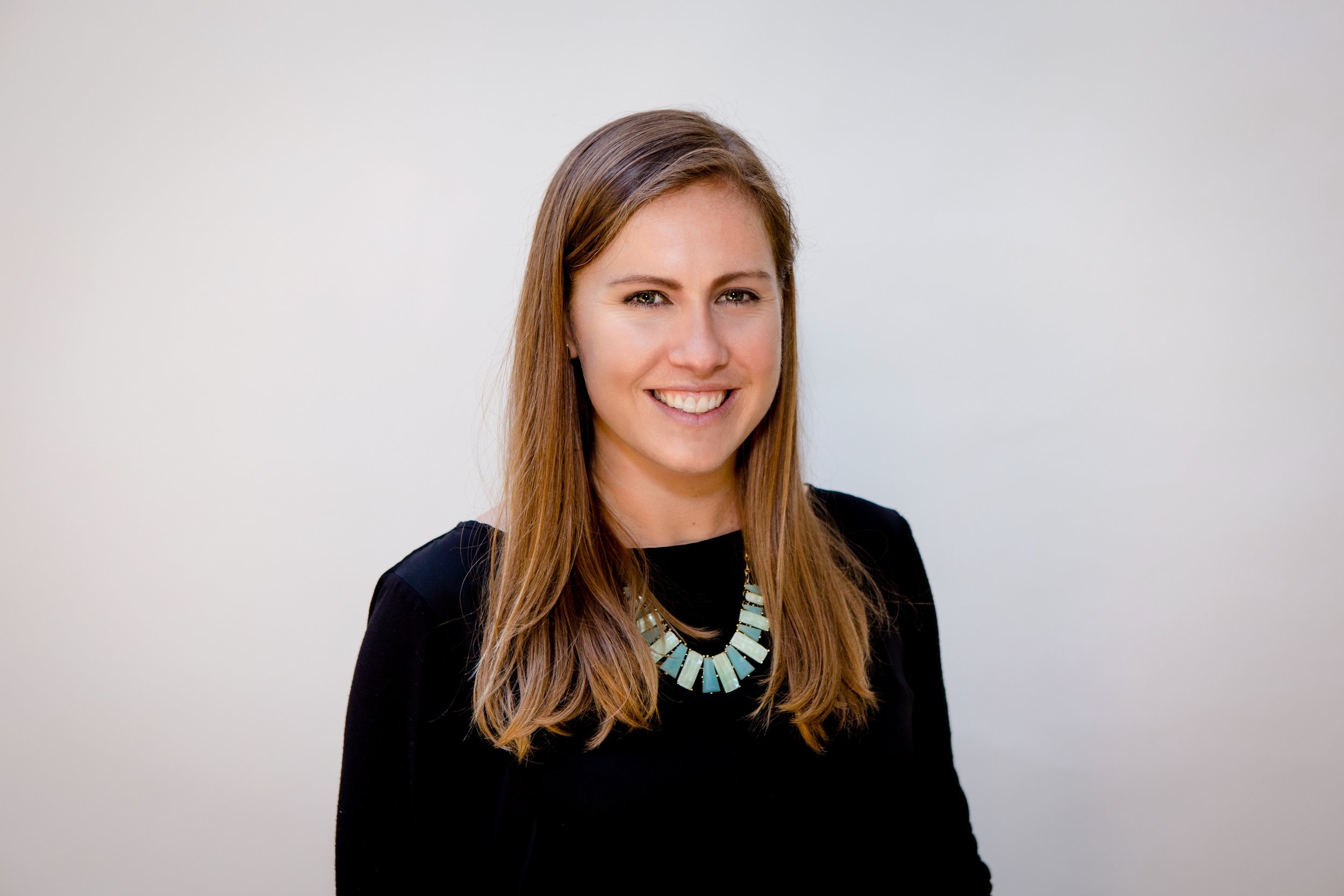
Green Jobs for Economic Opportunity
Catalyzing green jobs through early-stage initiatives
As part of our Emerging Talent Demand portfolio, the GitLab Foundation launched a $3M nationwide Green Jobs for Economic Opportunity Fund to support organizations and multisectoral partnerships in exploring or developing early-stage initiatives to improve economic mobility.
Meeting the moment
Renewable energy, advanced manufacturing, engineering, and sustainability are a few of the fast-developing sectors spurred by technological advancements and public will. National policies such as the CHIPS and Science Act, the Inflation Reduction Act, and the Infrastructure Investments and Jobs Act will stimulate entry points and offer career advancement opportunities, which are projected to create up to nine million jobs over the next decade.
Despite progress, the challenge of training and placing workers remains. Studies show a lack of diverse representation and workforce participation due to limited visibility, disconnected and expensive training, significant barriers to opportunities, and nascent green industries. We are excited to learn how your ideas will help overcome these challenges for a more prosperous and inclusive future.
Meet the 2024 Green Jobs for Economic Opportunity grantee cohort.
Advisory Board
The Green Jobs for Economic Opportunity Fund is focused on early-stage, innovative and diverse concepts, so we intentionally curated a panel of advisors whose experiences span critical sectors that will be key pillars of a new economy.
The advisory board brings a wealth of knowledge — from leading cultural shifts in climate action, pioneering decarbonization in transportation and energy procurement, enhancing tribal energy sovereignty, pushing for inclusivity in tech, and driving national strategies for economic development and workers' rights. Their collective expertise not only mirrors the diversity of projects we aim to support but also provides a comprehensive lens through which we can evaluate new initiatives, ensuring our investments pave the way for high-quality, sustainable job opportunities. Their guidance and insights will be invaluable to refine our approach and investment thesis, and expand our reach and impact through the final award selection process.
Tribal Solar Accelerator Fund
Breakthrough Energy
U.S. Department of Energy
A.P. Moller - Maersk
Third Sector
Jobs to Move America
Grounded.org
Kapor Center
Local Initiatives Support Corporation (LISC)
Jobs for the Future (JFF)











